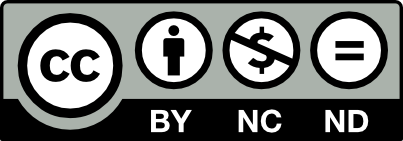From offline to online: setting and relationship in therapies
DOI:
https://doi.org/10.23823/jps.v4i1.65Abstract
This paper tries to analyze the problem of temporarily transferring psychotherapy sessions from an offline to an online setting. The issue of online psychotherapy, made urgent by the current Covid19 situation, has been vivaciously discussed by the psychotherapeutic community for decades. There are aspects of pragmatics, syntactic and semantic importance to be considered with regards to the basic principles of the psychotherapeutic process. The author emphasizes the factors that seem to more favorably lead patients to accept such a change. At the same time, other factors will be analyzed such as the setting-related issues, above all constancy, the epistemological, clinical and metaphoric aspects, and those related to the psychotherapeutic relationship, first of all familiarity, lack of physical contact, use of screens, virtual proximity. The paper is intended as a contribution which will favour a complex and fruitful discussion on the subject.
Downloads
Downloads
Published
Issue
Section
License
Copyright (c) 2020 Journal of Psychosocial Systems

This work is licensed under a Creative Commons Attribution-NonCommercial-NoDerivatives 4.0 International License.
Authors who publish in this journal agree to the following:
- Authors retain the rights to their work and give to the journal right of first publication of the work simultaneously licensed under a Creative Commons License - Attribution that allows others to share the work indicating the authorship and the first publication of this journal.
- Authors can accept other non-exclusive licensing agreements for the distribution of the published version of the work (eg. Deposit it in an institutional repository or publish it in a monograph), provided to indicate that the document was first published in this journal.
- Authors can spread their work online (eg. In institutional repositories or on their website) before and during the submission process, because it can lead to productive exchanges and increase the work published citations (See The Effect of Open Access) .









